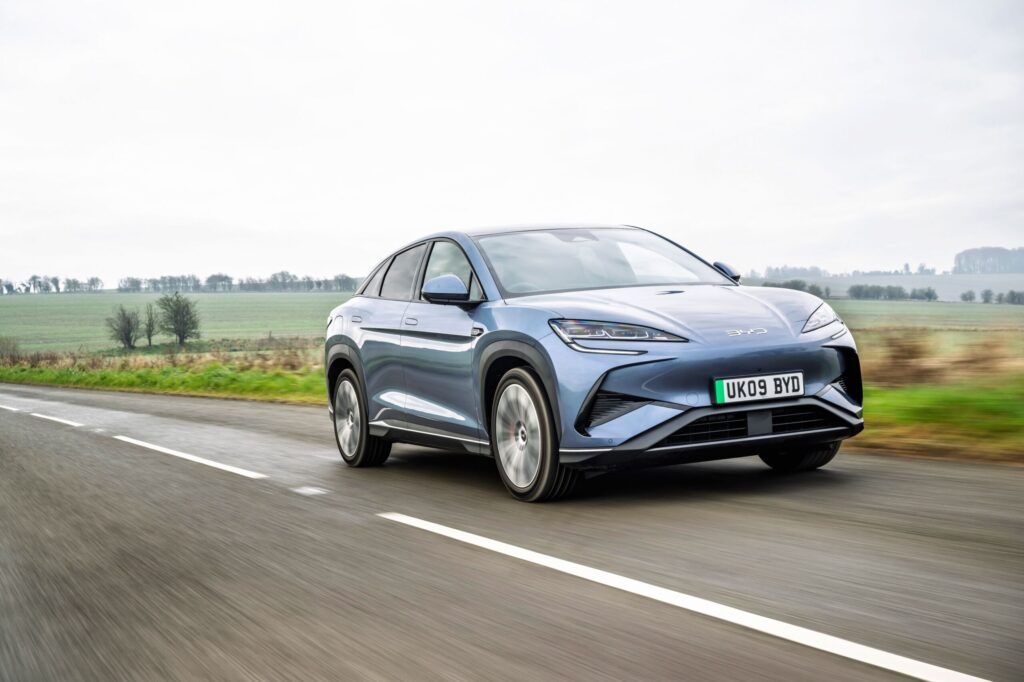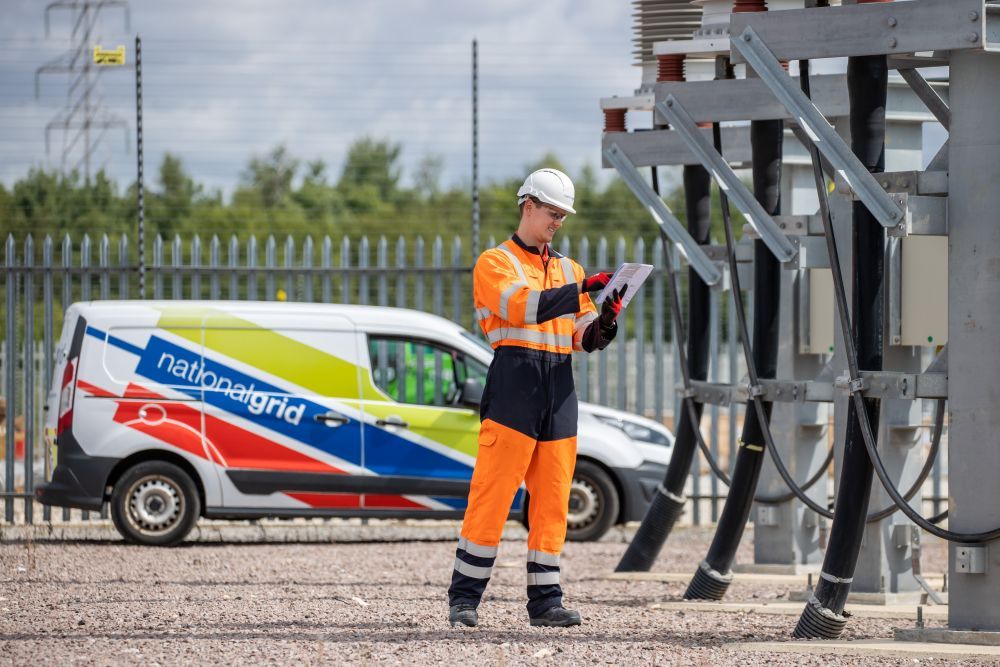The Prime Minister formally opened the pioneering 18,500 square metre national battery manufacturing development facility during a visit to the UK City of Culture, Coventry, in the West Midlands.
The state-of-the-art national facility has been developed to support UK industry with the development of battery technologies for future electrification. This will support the UK’s ambitious climate change targets, which includes achieving ‘net zero’ carbon emissions by 2050 and, for the automotive sector, an end to the sale of petrol and diesel cars and vans by 2030.
UKBIC can be used by any organisation working on batteries for electric vehicles, rail, aerospace, industrial and domestic equipment and static energy storage, who can benefit from finding out whether their advanced technologies can be scaled up successfully before committing to the huge investment required for mass production.
The facility employs more than 80 battery technicians, engineers, and support staff, with plans for that number to grow to support future project partnerships with industry and research organisations.
Jeff Pratt, UKBIC’s Managing Director, said: “I’m delighted that UKBIC is open for business. Completed at deliberate speed during the pandemic, UKBIC is a key part of the UK Government’s Faraday Battery Challenge, created to fast track the commercialisation of cost-effective, high-performance, durable, safe, low-weight and recyclable batteries.
“The battery manufacturing equipment installed covers the whole production process from electrode manufacturing, cylindrical and pouch cell assembly, to formation aging and testing and battery modules and packs. The facility is also a training centre to upskill the UK battery sector.
“The importance of the battery sector to the UK economy cannot be underestimated. The Faraday Institution believes that the equivalent of seven large gigafactories will be needed in the UK and employment in the automotive industry and battery supply chain could grow from 170,000 to 220,000 by 2040.
“As we all look to recover from the impact of Coronavirus, we have the opportunity to help make the UK a global leader in batteries, with UKBIC and the Faraday Institution supporting the UK battery industry to become world leaders.”
In addition to funding from the Faraday Battery Challenge through UK Research and Innovation, UKBIC is also part-funded through the West Midlands Combined Authority. The project has been delivered through a consortium of Coventry City Council, Coventry and Warwickshire Local Enterprise Partnership and WMG, at the University of Warwick. UKBIC was created in 2018 following a competition led by the Advanced Propulsion Centre with support from Innovate UK.
Tony Harper, Faraday Battery Challenge’s Challenge Director, said: “It is fantastic to have UKBIC declared open for business today. This complex state of the art facility that, despite the pandemic, has been delivered at least two years ahead of its nearest international rival will help ensure the UK fully prospers from the transition to electric vehicles. Jeff and the team deserve huge credit for this phenomenal achievement.
“This centre is an important part of the Faraday Battery Challenge at UK Research & Innovation. The highly coordinated challenge has a targeted £330 million programme of investment ranging from the creation of a battery ‘Science Superpower’ in the Faraday Institution to scaling high-technology, high growth business and now to providing a world-class industrialisation capability. Having UKBIC open means we can help businesses focus on decarbonising all forms of transportation and support the UK’s push for net zero.”
David Greenwood, Professor of Advanced Propulsion Systems, WMG at the University of Warwick, said: “We are delighted to see UKBIC come to fruition. Battery production is critical to the future of the UK automotive sector, the electrification agenda, and achieving a sustainable future for industry. It is something that WMG identified back in 2016, and we were elated to win the bid to establish what is now UKBIC. At the heart of the UK battery manufacturing landscape, this national infrastructure exists nowhere else in Europe, and gives the UK a major advantage for development of new battery technologies.
“We continue to work very closely with UKBIC, with the focus at WMG in helping companies and universities prove out their battery chemistries and cell designs, ready for industrialisation at UKBIC. Together, we have built an ecosystem which allows battery companies to investigate new technologies, prove them out, then industrialise for high volume manufacture.”
Councillor George Duggins, Leader of Coventry City Council, said: “Coventry led the way in the development of the combustion engine and now we are leading the green industrial revolution. The UK Battery Industrialisation Centre is nationally important and it will help us speed up the transition to cleaner and greener transport, creating jobs at UKBIC but also in the local supply chain. It has been made possible thanks to some great partnership working and I am delighted that it is now officially open.”
Sarah Windrum, Chair of the Coventry and Warwickshire Local Enterprise Partnership (CWLEP), said: “This world-leading facility is one of the key drivers of the CWLEP’s Strategic Reset Framework to ensure our reputation for innovation continues to develop and grow as well as create highly-skilled jobs.
“UKBIC emphasises Coventry and Warwickshire’s growing reputation as a global leader for battery technology and we hope to continue to build on that as the West Midlands location for a Gigafactory. It is a cutting-edge research facility that will enable the scale up and manufacture of batteries that power the electric, hybrid, plug-in hybrid and autonomous vehicles of the future.
“Supported by some of the best R&D facilities in the world; two leading universities recruiting the best and brightest; and a skilled workforce we are ready to lead the way in the new-look motor industry. The submission of a planning application for a Gigafactory is the important next step as we seek to deliver battery production for the West Midlands. It’s a very exciting time for UKBIC and the sector as a whole.”
Ian Constance, CEO of the Advanced Propulsion Centre, said: “It was a great opportunity to be able to share with the Prime Minister the important role the Advanced Propulsion Centre, UKBIC and the Faraday Battery Challenge can play in their plans for a green industrial revolution.
“There’s billions of pounds of opportunity in the UK to manufacture the low-carbon technology needed by the automotive and clean-tech sectors. Recent announcements by Nissan and Stellantis to expand their electric vehicle operations here demonstrate the UK’s globally recognised expertise and capability in clean innovation.
“We are continuing to build on the work we’ve already done to accelerate the UK’s low-carbon ambitions, which will lead to even more jobs and lower carbon dioxide emissions.”
Image: Shutterstock










